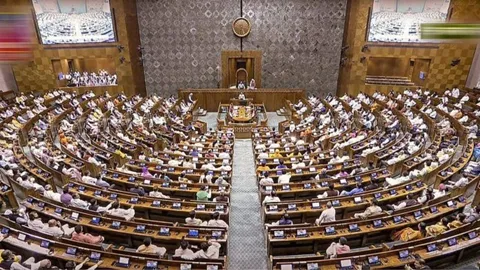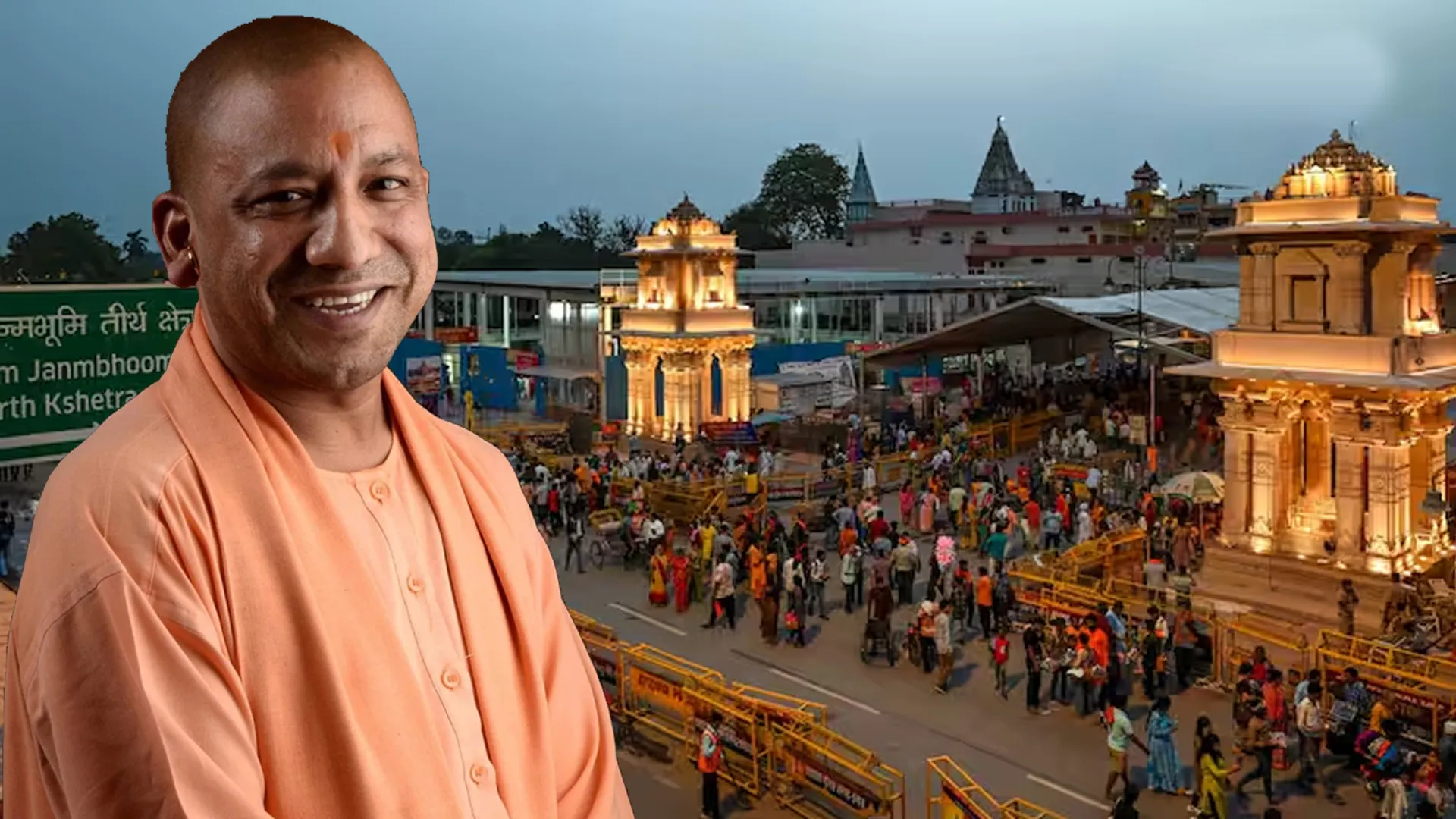The Second Session of the 18th Lok Sabha concluded on Friday with notable achievements and high efficiency. Over 15 sittings spanning approximately 115 hours, the House achieved a productivity rate of 136 per cent. During the session, twelve bills were introduced, out of which four significant bills were passed: the Finance Bill 2024, the Appropriation Bill, the Jammu and Kashmir Appropriation Bill, and the Bharatiya Vayuyan Vidheyak.
One of the major highlights was the presentation of the Union Budget 2024-2025 by the Finance Minister on July 23. The discussion on the budget extended for 27 hours and 19 minutes, with active participation from 181 members, and the Finance Minister addressed the debate on July 30. The session also saw the passage of the Appropriation Bill on August 5, following discussions on the Demands for Grants for various Ministries and Departments from July 30 to August 5.
Throughout the session, 86 starred questions were answered orally, and 400 matters of urgent public importance were raised during Zero Hour. Additionally, 358 matters were addressed under Rule 377. A total of 25 statements were delivered under Direction 73A, and 30 more statements, including those by the Minister of Parliamentary Affairs and suo motu statements by ministers, were made. Furthermore, 1,345 papers were laid on the Table of the House.
Significant discussions included a debate on India’s preparedness for the upcoming Olympic Games on July 22 and a Calling Attention Motion on July 31 concerning the impact of landslides and floods across various parts of the country. In Private Members’ Business, 65 Private Member’s Bills were introduced, including a resolution by MP Shafi Parambil on airfare regulation, which was discussed on July 26 but remained inconclusive.
The session also featured a visit from the IPU President and Speaker of the National Assembly of Tanzania, H.E. Ms. Tulia Ackson, on August 1. Lok Sabha Speaker Om Birla, in his valedictory address, praised the session’s accomplishments and the efficient legislative process.










